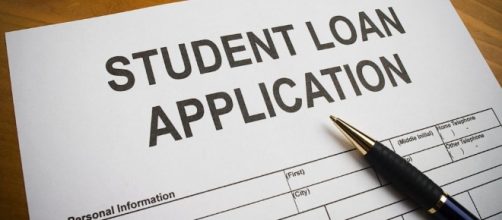Reports indicate that the Public Service Loan Forgiveness Program will soon reach the 10th year anniversary of its inception -- and the first year that the government will be required to start forgiving many of the 400,000+ student loans that are a part of its program. While sources say that its not quite clear just how much money the government will lose by repaying those debts, proposals to end the program are ringing loud and true in the ears of many borrowers.
The program was designed to completely cancel student loan debt
The program, created in October of 2007, was designed to cancel any and all remaining student debt for those who chose to work for the government or various nonprofits for at least ten years.
The only stipulation for individuals who applied to join the program was that they consistently make on-time payments while they worked. Records show that many teachers, police officers, Peace Corps volunteers, and public defenders are part of the program -- with some even moving across the country at one point or another to secure jobs that qualify for loan repayment assistance.
While the program hasn't experienced much controversy or dissent in its ten years, The Washington Post allegedly reported that, among other cuts proposed by the Department of Education (including reducing the national college work-study budget to half of what it is now), the Student Loan forgiveness program may soon be completely shut down.
According to CNN, the Post's article was based on copies of budget documents obtained by investigators. The public version of those same documents will be available sometime next week.
If approved, the proposal could be devastating for many college graduates
Although the Education Department's proposal would still have to be validated and approved by Congress, young professionals that are already in the program are nervous about what these cuts may mean for their future.
While sources aren't sure if the Trump administration's proposal would affect those who have already applied for the program, or just prevent any future graduates from applying, many individuals say they've hinged their whole lives on this program.
A certain Daniel J. Crooks III, a government attorney that still has over $300,000 in student debt despite making payments for the past four years, indicates that to shut down this program would be like "pulling the rug out" from under him.
He is also one of the many individuals who's moved several times to find jobs that keep him eligible for the assistance.
This proposal is one of many Secretary of Education Betsy DeVos hopes will help channel more funds into her "school choice" campaign. If the campaign is completely approved, it will use about $400 million to expand private and charter schools, and an additional $1 billion to get public schools to "adopt choice-friendly policies."


